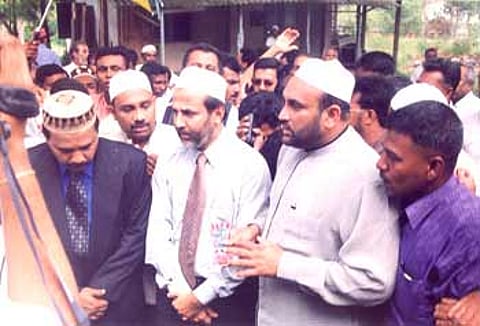The wages of passivity
If you were to go by the international headlines, the Sri Lankan ethnic conflict appears to engage only the two main communities, the Sinhalese and the Tamils. Yet when the conflict exploded into war in 1983, and in the more than two decades following, it was not just the two communities locked in battle that suffered. The impact of the internal war on the island's Muslim community has been massive – and severely overlooked.
In Colombo, when issues of politics or peace deliberations arise, the 'Muslim question' has long been confined to intellectual debates and dinner-table discussions. This continues to this day, despite the fact that representatives of the Muslim community have for decades worked with the country's majority-led governments. This has included the premier Muslim party, the Sri Lanka Muslim Congress (SLMC), which reached a position of veritable kingmaker during the early 1990s. Nonetheless, Muslim concerns today appear as invisible at the national level as they ever have.

